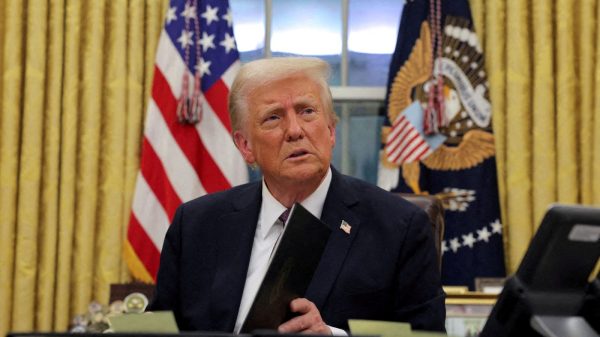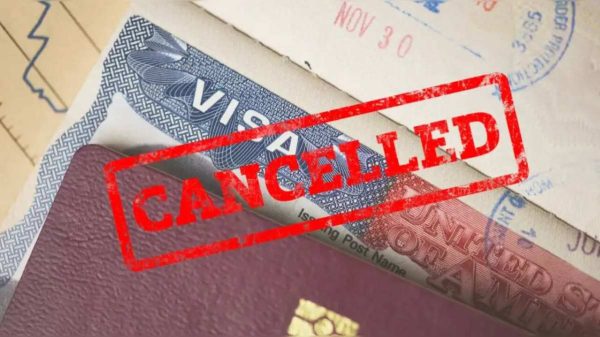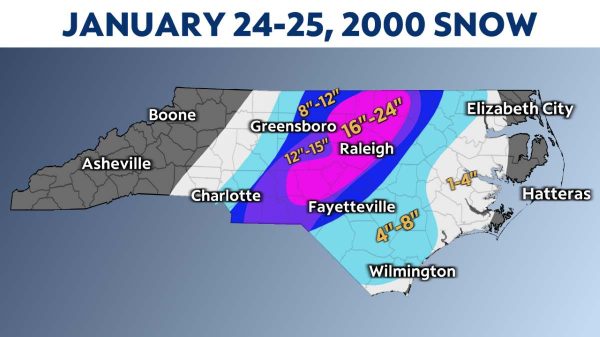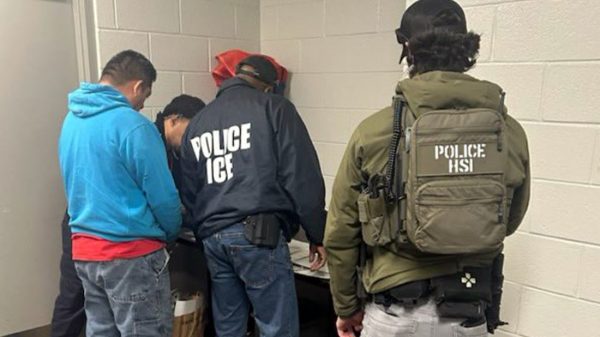The recently announced indictment of former President Donald Trump and 18 associates by Fulton County District Attorney Fani Willis on charges of racketeering under Georgia’s Racketeer Influenced and Corrupt Organisations (RICO) law has raised questions about the legal implications and logistical challenges of such a prosecution. Originally designed to take down organized crime figures, RICO charges are now often used to target groups of individuals involved in a criminal enterprise, but this approach can also lead to complexities.
One of the main issues with using RICO charges is that they require proof of a long-term criminal enterprise, which can be difficult to establish, especially when defendants are loosely associated. In this case, the 98-page indictment lists 161 overt acts allegedly committed by the defendants, but many of these acts are not inherently criminal and may be seen as part of a legitimate political effort.
Furthermore, the sheer number of defendants involved in the case could lead to significant logistical challenges, including difficulties in securing a courtroom large enough to accommodate all 19 defendants. Prosecutors may also face challenges in building a cohesive narrative around the defendants’ alleged actions.
On the other hand, the RICO statute in Georgia is more expansive than its federal counterpart and does not require a long-running criminal enterprise, which could work in the prosecution’s favor. Additionally, the nature of the case could also be seen as a “flip” opportunity, where defendants may be motivated to cooperate with prosecutors in exchange for reduced sentences or immunity.
RICO charges also enable prosecutors to accuse defendants of “overt acts” that would not necessarily be criminal on their own but are part of a larger conspiracy. This could lead to a more extensive investigation into Trump’s alleged actions, including his social media posts and meetings with elected officials, which could be seen as part of a larger effort to overturn the 2020 presidential election.
Ultimately, the success of the prosecution will depend on the ability of Attorney Willis to prove that Trump and his associates knowingly participated in a criminal enterprise aimed at reversing his election loss. This will require a strong narrative and persuasive argument, as well as meticulous evidence gathering and presentation. The case’s unprecedented nature may also present challenges, particularly in terms of sentencing, if Trump is convicted.
In the end, the outcome of the case will depend on the skill and strategy of the prosecution and defense teams, as well as the courtroom dynamics and the views of the presiding judge.Regardless, the indictment of Trump on RICO charges marks a significant escalation in the investigation into his alleged involvement in the 2020 election and has far-reaching implications for criminal law and politics in the United States.











































